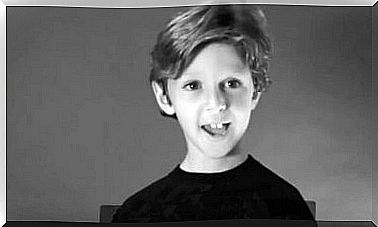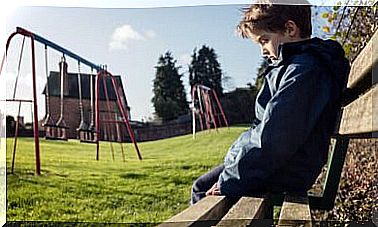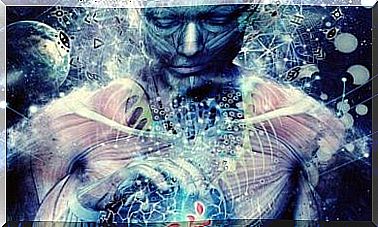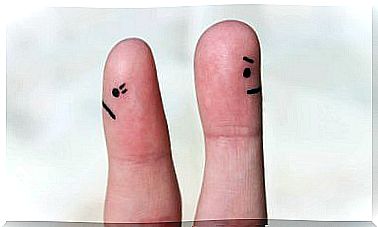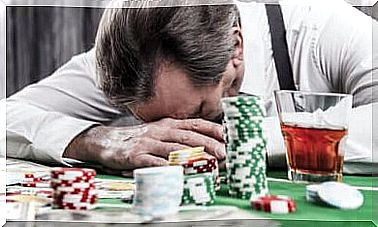Learned Despair, How To Overcome It
Learned despair, also called learned helplessness, is the condition of those who engage in passive and learned behaviors. The person who suffers from it thinks that he can do nothing in the face of adversity, while instead most of them could be solved.
This state of difficulty has been linked to depression and other psychological disorders which confirm in the patient the idea that there is no solution to his problem, despite the real context.
What is learned despair?
Despair or learned helplessness is the result of negative or adverse stimuli, usually uncontrollable, which leads to a lack of initiative.
It is not the stress itself that triggers despair, but the inability to control the engine that causes this emotional state. This dynamic often arises within families with very authoritarian parents, whose children end up accepting all kinds of situations (even outside the home) because they believe that it is useless to try to control them.
Such resistance to negative situations not only generates inability to take initiative. Often you are unable to learn new behaviors. Sufferers feel unmotivated and resigned, albeit mentally restless.

What causes the learned despair?
As the name indicates, it is a state that is “learned”. Human beings tend to carefully evaluate the consequences of their actions, discarding behaviors that lead to negative consequences and enacting those that lead to positive consequences.
This is an advantageous mechanism, but not always. For example, when a child does not pass a pass in a math test, he already knows that a reprimand awaits him at home, but it does not mean that he will begin to get good grades for this. On the contrary, he will attempt to skip school when there is homework in the classroom, thinking he is denied in that matter.
If the situation continues, the child may experience a continuous cycle of anxiety and sadness, a picture closely related to (and possibly the cause of) depression.
How to control the symptoms?
To learn how to manage symptoms and treat this disorder, it is very important to consult a specialist. Self-diagnosis should never be done, even if we think the symptoms are clear.
To complete a treatment or a course of exercises recommended by the psychologist or psychiatrist, it may be useful to follow these guidelines:
- Involve family members. If you suspect a condition of learned despair in you or a loved one, don’t hide it. Family members could be the root of the problem and in this case it will be necessary to face group therapy. If they are not, they will be a valuable support along the path of care.
- Put your emotions in writing. You can keep a diary or simply write down on your mobile what you felt in a specific situation. Rereading these lines can help distinguish rational reasons for stress from irrational ones.
- Take on solvable challenges. If some situations lead to uncontrollable consequences, consider challenges that seem possible to you. It might sound ridiculous, but it helps improve self-esteem and initiative.
- Ask yourself three questions when faced with a problem : How can I avoid it? What have I learned from this situation? Are there other ways out that I have not considered? If the negative event, on the other hand, has already happened and has ended, it is useful to imagine a scenario in which it has not yet ended and to think, with a cool head, of possible situations.
- Think about yourself. Often people who are in learned helplessness mode have disconnected from themselves and have self-disappointed. Perhaps they thought more about the consequences of their own acts and to please others. It is worth reflecting on yourself and setting aside a moment of the day to be alone.

It is essential to be patient
Learned helplessness can be healed even though it is complex or seems to have no solution. However, help must be sought. Whether it’s a professional, the support of a family member or a friend, we are never alone.
It is important to be patient and understand that a learned behavior, probably in childhood, is difficult to abandon or overcome. Don’t be too hard on yourself and give yourself time.

